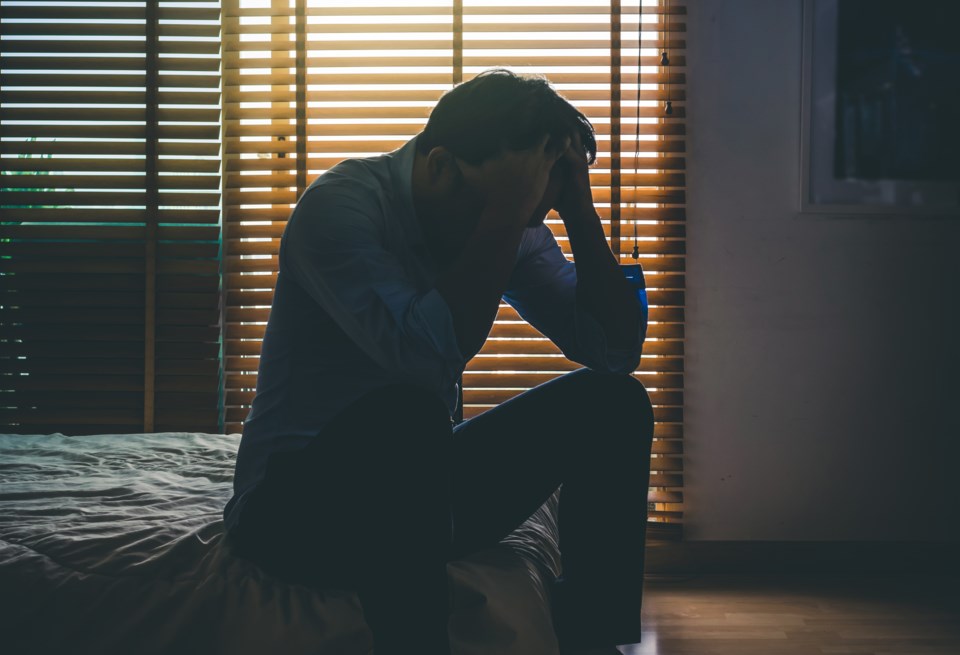NEWS RELEASE
SUICIDE AWARENESS COUNCIL OF WELLINGTON-DUFFERIN
*************************
Unprecedented times. New normal. Whatever we label our current reality, all of us are impacted. Unfortunately, some more than others.
According to Canadian health experts, it is anticipated that the fourth wave of the pandemic will include mental illness, psychological trauma, grief and burnout. They anticipate that this wave will be long-lasting.
Anxiety, depression, addiction and other mental health and life challenges can be hard to manage without the added pressures of COVID-19. These stressors can lead people to think about suicide.
More than ever, it is important to reach out to family, friends, neighbours and those that are particularly isolated and vulnerable. It’s about continuing to foster the ‘kindness revolution’ that we are seeing across our communities. People need to know that they are not alone and that there are people who care.
How do we help someone who is thinking about suicide? Talk. Creating opportunities for open and non-judgmental conversations about feelings of suicide is the most important way to prevent it. They can build hope where there was none before.
Suicide Awareness Council Coordinator, Heather Glenister says, "People are often reluctant to intervene when they suspect someone might be considering suicide, including a fear of not knowing what to say. It is important to remember that there is no specific formula. Empathy, compassion, genuine concern and desire to help are key. You don’t need to be a professional clinician.”
Recognizing the potential signs of suicide risk is helpful: suicidal threats, talking or joking about suicide, expressions of hopelessness, helplessness, desperation, and changes in personality or mood. By being alert to changes in behaviours, people can help someone sooner.
In addition, reaching out for help is not a weakness but an act of courage. It’s about holding onto that glimmer of hope when life seems overwhelming. When it comes to suicide prevention and mental wellness, we are all in this together.
For a list of helpful resources, www.sacwd.ca/resources.
*************************
